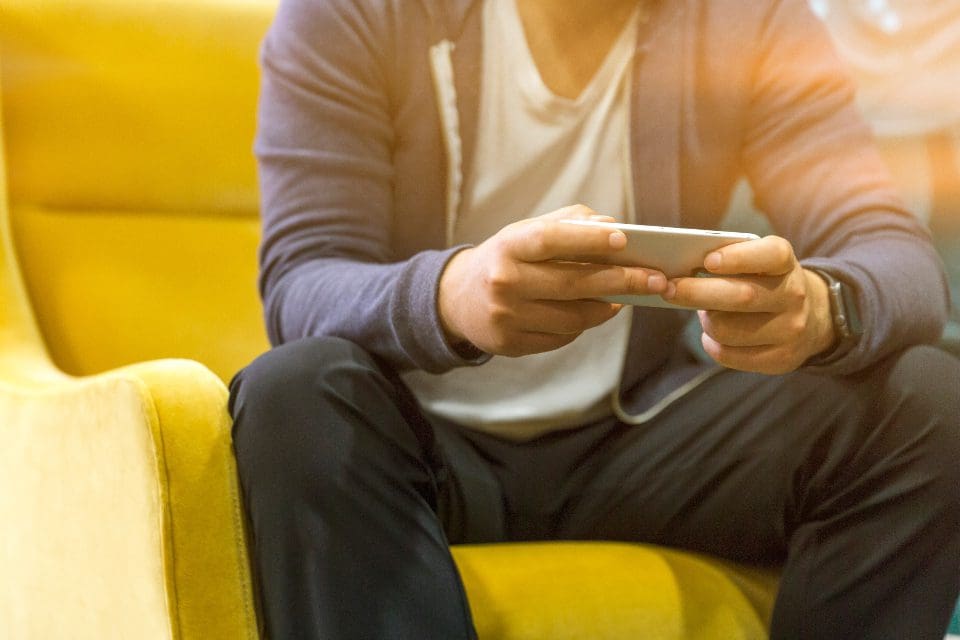YouTube, YouTubers, and Relationships

It’s difficult not to feel even a little jealous when scrolling through our numerous feeds, seeing people we know participating in adventurous activities and hanging out with other people, wishing we could do the same instead of viewing someone else doing so on a screen. FOMO is an all too familiar term, but recently, the fear of missing out has only intensified with the increased use of social media, particularly when it comes to the endless material from YouTube, one of the most popular sites for adolescents.
When watching our favorite television shows and movies, we find ourselves drawn to certain characters and form an attachment to them. These characters are usually a huge contributor to why we like what we consume so much; we develop somewhat of a one-sided relationship to them, wanting to see them succeed, viewing them as a role model, or perhaps seeing them in a romantic light. These parasocial relationships – a one-sided relationship with the media we consume – are taken to the next level when it comes to actual people. However, while this was pretty much limited to glitzy Hollywood celebrities, YouTube culture and influencers have taken these relationships to an entirely new level.
Unlike fictional characters, who don’t exist, or celebrities, who are unattainable, there’s something about watching someone who’s just like us living a luxurious, yet attainable life. Even though we aren’t capturing our lives on film and uploading them in easily consumable 20 minute vlogs, we can relate to their easy senses of humor, their mundane tasks and chores, their get-togethers with their friends who we also watch. It’s like we’re being invited into their lives, almost as if we’re their friends as well.
Some say that these YouTube parasocial relationships can have its benefits, giving adolescents with low self-esteem find their ideal selves, using YouTubers to find traits that they too could have and adapting them. By seeing these YouTubers as an ideal, adolescents can be more motivated to set goals for themselves to accomplish something akin to what these relatable creators do. However, it’s important to remember that these relationships aren’t even that, as they are one-sided and there is no reciprocity from the YouTuber’s side, simply because they don’t know the viewer beyond a statistic. These imagined relationships with the creator can play a large role in how adolescents socially develop and how they view relationships away from the screen with those they physically interact with.
Of course, YouTube is still a source of entertainment at the end of the day. We enjoy watching people, whether fictional, celebrities, or creator, because there’s something about them that appeals to us. Though at the end of the day, the screen and reality are two different worlds.
Do you watch YouTubers? If so, why do you watch them? Do you think watching vlogs can affect your view on relationships?




Recent Comments